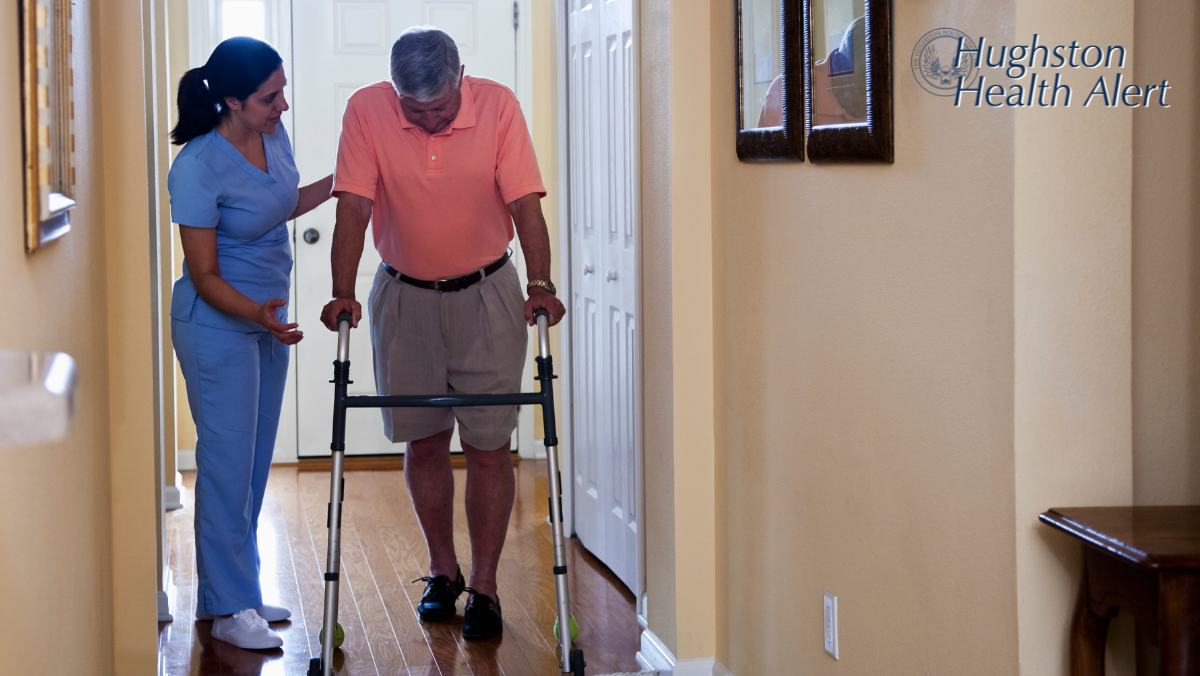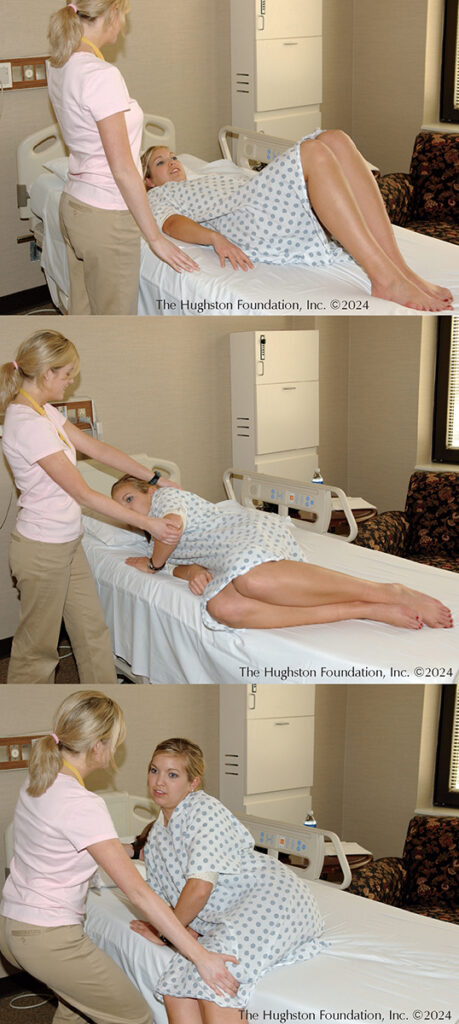
 If you and your doctor have decided it’s time for surgery, you may wonder how you are going to get through your rehabilitation. Often, the surgeon begins discussing your recovery options before your scheduled surgery. If you have an unscheduled surgery, say in the event of an accident, then a discharge planner or caseworker in the hospital will work with you. For many patients, home health therapy can be the answer to recovery, but is it right for you?
If you and your doctor have decided it’s time for surgery, you may wonder how you are going to get through your rehabilitation. Often, the surgeon begins discussing your recovery options before your scheduled surgery. If you have an unscheduled surgery, say in the event of an accident, then a discharge planner or caseworker in the hospital will work with you. For many patients, home health therapy can be the answer to recovery, but is it right for you?
Typical home health services may include skilled medical care from specialists such as:, physical therapists, occupational therapists, speech therapists, and nurses. This service sends medical staff directly to your home to work with you and your support group (a family member or friend) to carry out the orders from your doctor, and to assist with your care and therapy after your surgery. Many agencies also offer intermittent assistance from an aide, such as bathing and dressing assistance, but this type of help is not considered a skilled service, and can only be approved if you already have a skilled service involved in your care. The aide is your personal care assistant; therefore, they cannot go shopping for you or do full house cleaning.
It is important for you to understand that the choice is yours, as to which agency you select to provide care for you at home. In the hospital, you should be made aware of all the different home healthcare organizations, based on where you live, so you can choose who you prefer to come to your home. You can also visit Home Health Compare at https://www.medicare.gov/care-compare, to review the different agencies available in your area to help make your decision. Once your doctor discharges you home, the home health agency will make contact and see you within the first 24 to 48 hours to initiate the admission process. A nurse or a physical therapist can complete your first visit and admission.
To qualify for home health, your doctor must affirm that you are homebound. This means that it takes a taxing effort or you require the assistance of another person to leave your house, or that your doctor says you medically cannot leave your home to attend outpatient therapy. Most insurance programs, including Medicare, will cover home health. Private plans can vary, so you will need to check on your specific benefits to see if you have home health coverage, and if there are any copayments required.
In general, recovery after orthopaedic surgery may require a few visits from a nurse for medication and wound care concerns. A physical therapist can assist with recovering independence in your mobility, with transfers, standing, and walking with an assistive device. Physical therapy can also help you regain range of motion, especially if you had knee replacement surgery. Occupational therapy can be helpful with improving your independence with bathing and dressing. If you had shoulder surgery, therapy can also be beneficial, especially if you used an assistive device prior to your surgery. Depending on your evaluation and your doctor’s approval, you may have 2 to 3 therapy sessions each week.
Home health is an intermittent service, with visits occurring 2 to 3 times a week, and may be short term, 2 to 4 weeks, based on how quickly your recovery progresses. Each visit often lasts 45 minutes or so. Once you have regained your independence in mobility, but may still benefit from further therapy, then a collaborative decision between you, your home health team, and your physician, could be to progress you to outpatient therapy.
For many, a few weeks of home health is beneficial to help progress to outpatient therapy. Home health gives you the time you need to heal, reduce pain, and improve your mobility. After all, if you elected to have surgery, say for your knee or hip, you desire to get moving again without all of the pain and discomfort, so the sooner you can regain your independence the better!
Author: Liz Bloodgood, PT, ATC-Ret | Columbus, Georgia
Last edited on July 2, 2024